“The Unbearable Lightness of Being” is a philosophical literary work that discusses the duality of lightness and weight in life through four main characters living in Prague during the Soviet invasion of Czechoslovakia in 1968. Thomas, the surgeon who lives between freedom and commitment, Teresa, his wife who seeks a deeper meaning of life, Sabina, the rebellious artist who flees from all forms of constants, and Franz, the emotional intellectual who suffers from the contradiction between his ideas and his positions. Kundera raises existential questions about the concept of freedom and responsibility, and whether a person can live without restrictions or whether absolute lightness becomes an unbearable burden?
The novel moves between political and personal events, showing how oppressive regimes affect the lives of individuals, not only through direct oppression, but also through the distortion of the relationship between the body and the soul. Kundera uses the body as a symbol of the modern human struggle between the desire for liberation and the fear of emptiness. The characters seek identity in a world dominated by ideologies, which makes them a reflecting mirror of the disturbances of the era.
The historical context of the novel enhances its depth, as the events of the Soviet invasion are depicted in precise detail, linking the internal conflict of the characters with external disturbances. This intertwining of the personal and the political makes the novel not just a love story or an existential struggle, but an artistic painting about the meaning of survival in the face of absurdity.
Kundera’s literary language combines philosophical contemplation and transparent narration, where the narrator sometimes intervenes to explain his ideas directly, creating a hidden dialogue with the reader. This style makes the novel more of an intellectual experience than just a story, where questions are raised about the repetition of history, and the fate of human choices in a world that resembles a vicious cycle.
The novel, carefully translated into Arabic, preserves the spirit of the original text while adding a literary touch that makes it accessible to the Arabic-speaking reader. It is not just a novel, but a journey into the depths of the human psyche, reminding us that the search for meaning may be heavier than living without goals, but it is also more exciting for life.
 زاد
1 × د.م. 90,00
زاد
1 × د.م. 90,00  لاراسيا أسطورة مندثرة
1 × د.م. 105,00
لاراسيا أسطورة مندثرة
1 × د.م. 105,00  متجر دالوجوت للأحلام
1 × د.م. 105,00
متجر دالوجوت للأحلام
1 × د.م. 105,00  المتمرد
1 × د.م. 85,00
المتمرد
1 × د.م. 85,00 







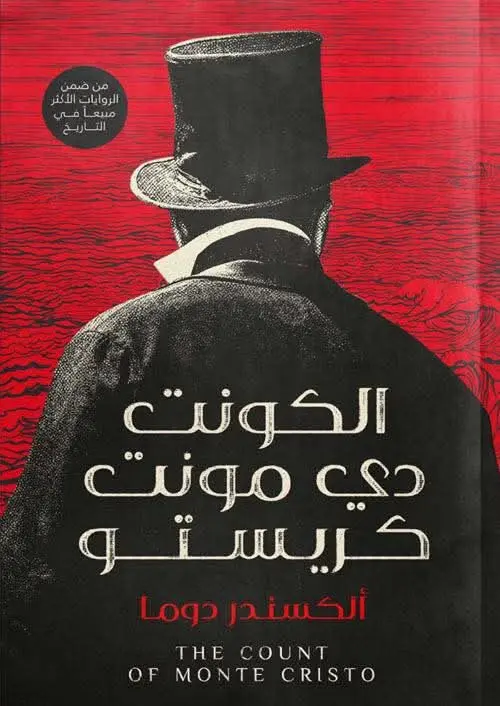
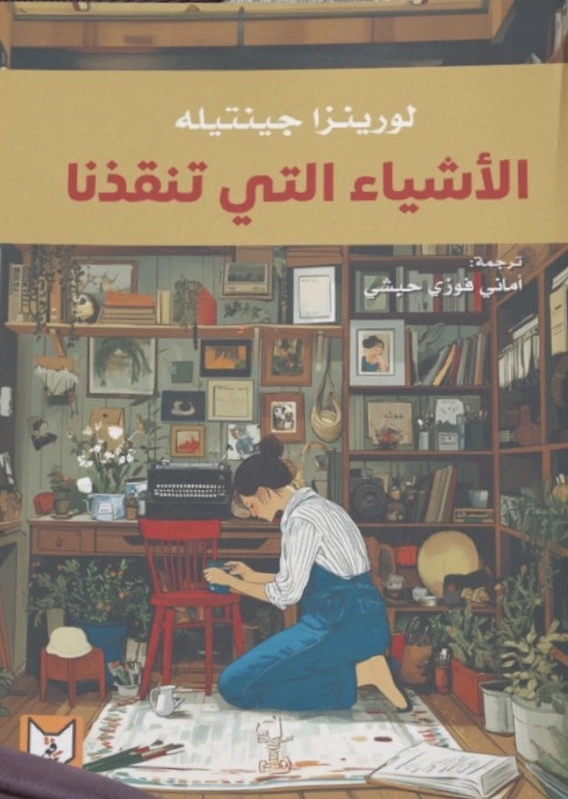

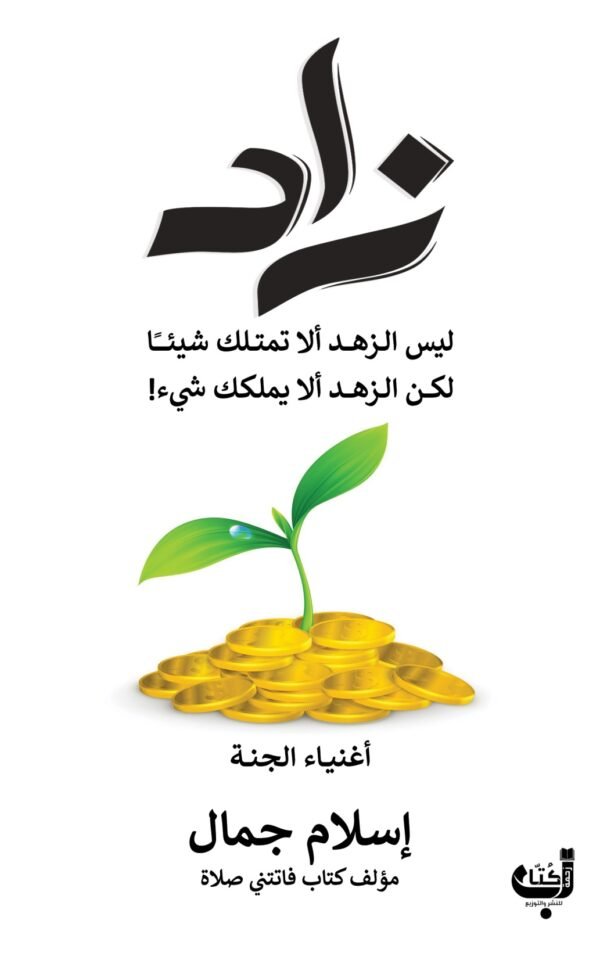










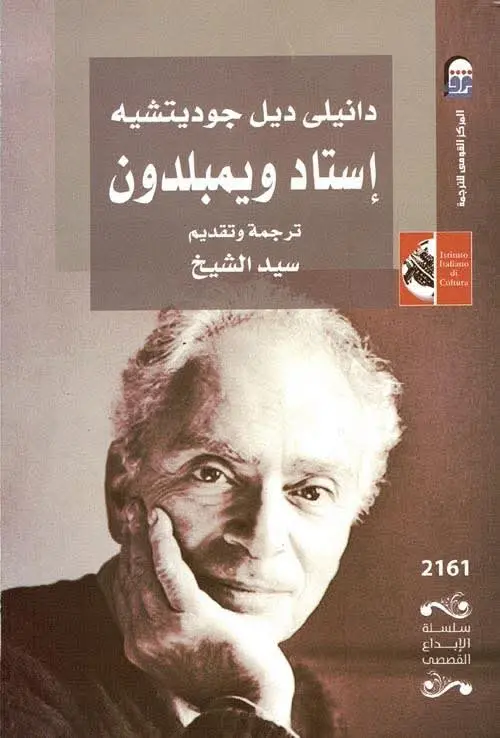
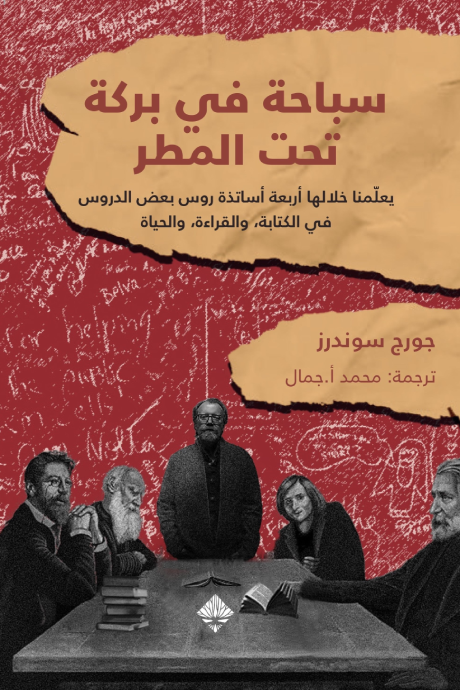


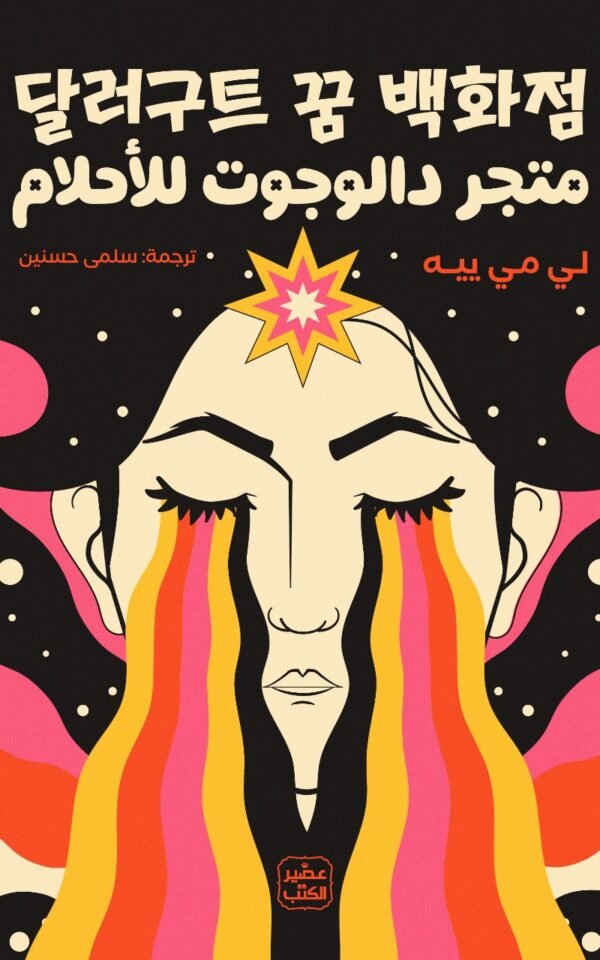
Reviews
There are no reviews yet.